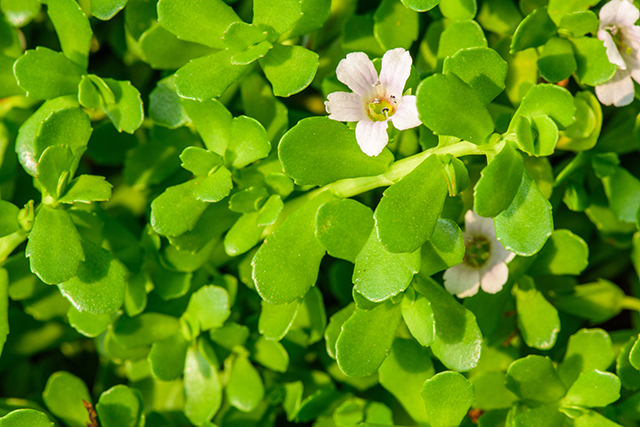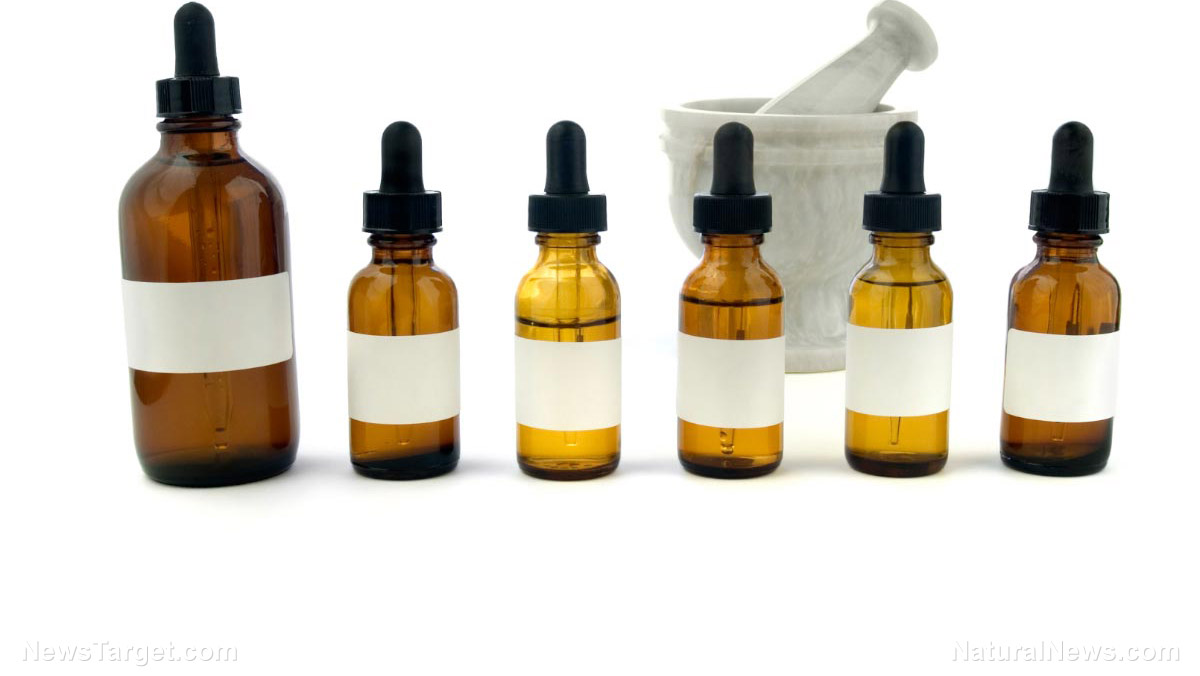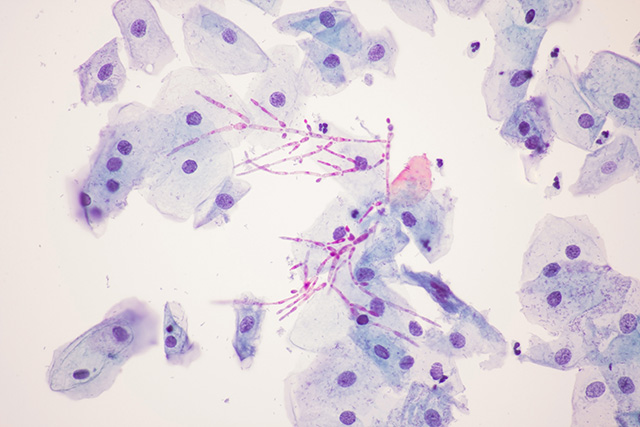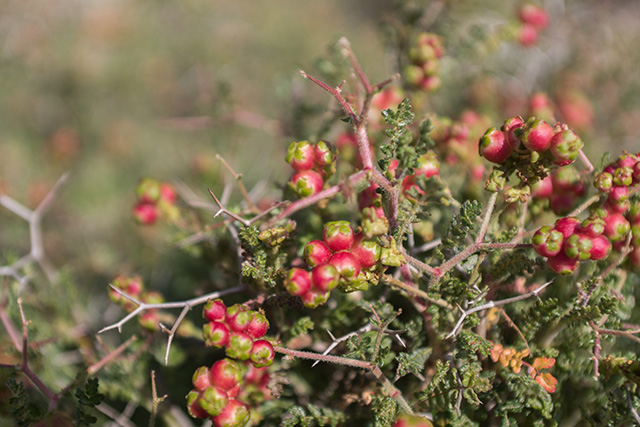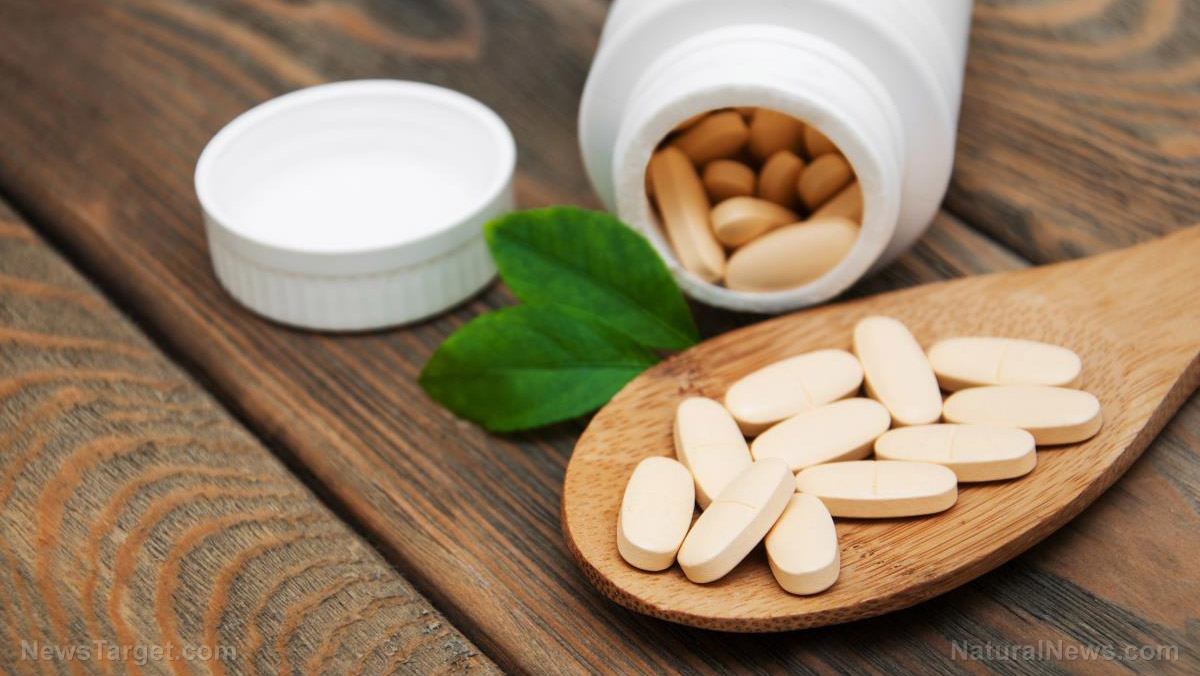What you need for a good night’s sleep may be found in an herb. Japanese researchers described an active component in Ashwagandha as “a potent sleep-inducing small molecule” in a study published in PLOS ONE. The research team, led by Mahesh K. Kaushik and Yoshihiro Urade of the International Institute for Integrative Sleep Medicine, studied the effects of the different components of Ashwagandha on sleep in mice. Through electromyography and electroencephalograms, they discovered that the triethylene glycole (TEG) in the water extract of the Ashwagandha leaf significantly promoted non-rapid eye movement (NREM) sleep while having only a slight change in rapid eye movement (REM) sleep. They also found that TEG-induced sleep was comparable to normal sleep.
The active withanolides present in the alcoholic extract of Ashwagandha were found to be inadequate at encouraging sleep in the mice. Additionally, the researchers observed that commercially available TEG “increased non-rapid eye movement sleep in mice in a dose-dependent (10-mg/mouse) manner.”
From this they derived that the TEG in Ashwagandha was the active component that led to “physiologically sound sleep”, reports AlphaGalileo.org. The researchers also noted that the TEG present in Ashwagandha could potentially be utilized in insomnia therapy and treatments for other sleep-related disorders. Currently the researchers are investigating the effects of Ashwagandha on stress.
Also known as Indian ginseng or winter cherry, Ashwagandha (Withania somnifera) is an herb prized in the Ayurvedic system of medicine native to the Indian subcontinent. Among practitioners it’s known as a “Rasyana” or tonic that improves one’s mental and physical health. Ashwagandha has been used for centuries to treat health problems such as tumors, skin diseases, chronic pain and even male virility. In recent years, this Indian herb has become known for its relaxing and anxiety-reducing properties.
Get CLEAN FOOD and help support our mission to keep you informed: The Health Ranger Store lab verifies everything we sell with accredited testing for heavy metals, microbiology and food safety. Certified organic facility, ISO-accredited on-site laboratory, no GMOs or synthetic ingredients. The world's #1 source of lab-verified clean foods and superfoods for nutritional healing. 600+ products available. Explore now.
While the adaptogenic herb is more popularly known as a relaxant, there are many other benefits from taking Ashwagandha. Improved mood, greater blood sugar control, arthritis and rheumatism relief, and enhanced sports performance are just some of the noted benefits.
There are many ways to take Ashwagandha, notes BanyanBotanicals.com. Ashwagandha is commercially available as a liquid extract, in powder form and in tablet form. Traditionally, Ashwagandha is taken in its powder form, with a general daily dosage of one or two quarter- and half-teaspoons. The powder is usually mixed with honey, warm milk , sugar cane, or ghee, which is Indian clarified butter. The most convenient way to take Ashwagandha is in its tablet form.
Facts about Ashwagandha
- The name “Ashwagandha” is a Sanskrit word that means “smell of horse”, because the leaves and stem of the plant are known to emit a musky aroma. In addition to its strong odor, the name could also be interpreted as “horse essence”, in reference to the supposed ability of Ashwagandha to provide one with the stamina, essence, or strength of a horse. Its Latin name, “somnifera”, means “sleep inducing”.
- Ashwagandha is commonly found on the foothills of the Himalayas and its surrounding areas, including the plains. While widely distributed in India, Ashawagandha also grows in Pakistan, Afghanistan, Sri Lanka, and China.
- Ashwagandha is known by many names. According to the American Botanical Council, the herb is also known as “Ba-dzi-gandha” or “aasogandha” in Nepal and “Amurkkuralckizhangu” in the Tamil-speaking areas of India and Sri Lanka.
- The usage of Ashawagandha can be traced back as far as 6000 B.C., states CureJoy.
- Ashwagandha is part of the nightshade family and is a close relative of the tomato.
Sources:
Journals.PLOS.org
AlphaGalileo.org
BanyanBotanicals.com




